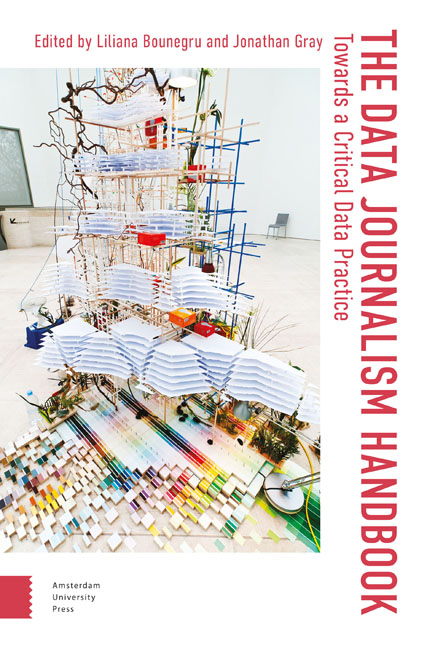5 - Mapping Crash Incidents to Advocate for Road Safety in the Philippines
Summary
Abstract
How a data story on road crash incidents in the Cagayan province in the Philippines led to positive policy and social change.
Keywords: data journalism, road safety, community engagement, mapping, Philippines, policy and social change
Data shows that fatalities from vehicular crash incidents in the Philippines have been increasing steadily over the years. Injuries from road crash incidents are now a top cause of death among Filipino youth.
Because of this, we built a microsite that compiled relevant information on road safety. We gathered and analyzed data, derived insights, published stories, and designed civic engagement opportunities—both on the ground and on digital—in order to educate the public about road safety.
We also started running a video series entitled “Right of Way” which tackles motorist and commuter issues in Metro Manila. That is how Rappler's #SaferRoadsPH campaign was born.
Compiling relevant data about road traffic deaths and injuries was a challenge. With no comprehensive national database on road crash numbers, we knocked on doors and gathered data from over a dozen national and local government units, including police offices in various cities and provinces.
Data acquired from these repositories are not standardized. A significant part of the work involved cleaning the data for analysis. One big challenge was how to map data when location information is either incomplete or not consistently recorded.
Using the open-source data-cleaning application OpenRefine, we were able to come up with a normalized database of information acquired from the different government agencies. This allowed us to determine locations, dates and the number of people affected by crash incidents. Although still incomplete, our collection is probably the biggest single compilation of data on road crash incidents in the Philippines at the moment.
But what made our approach distinctive is that on top of stories, analysis and visualizations based on our collection of data, we made the effort to present them directly to communities concerned not just online but in on-the-ground activities. In the process, data analytics led to civic engagement activities.
One particular story that stood out in our coverage was the in-depth story on the Cagayan province, located roughly 600 km north of Manila, which is the area most affected by vehicular crash fatalities.
- Type
- Chapter
- Information
- The Data Journalism HandbookTowards A Critical Data Practice, pp. 41 - 43Publisher: Amsterdam University PressPrint publication year: 2021



